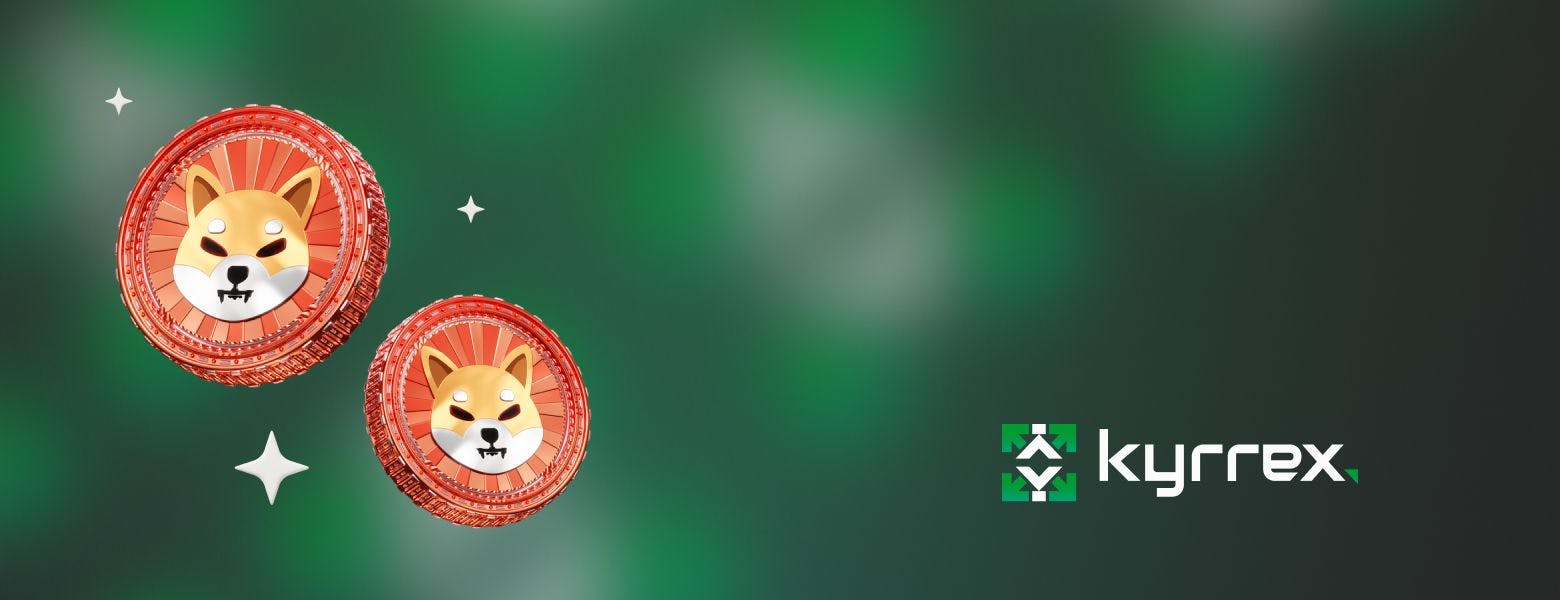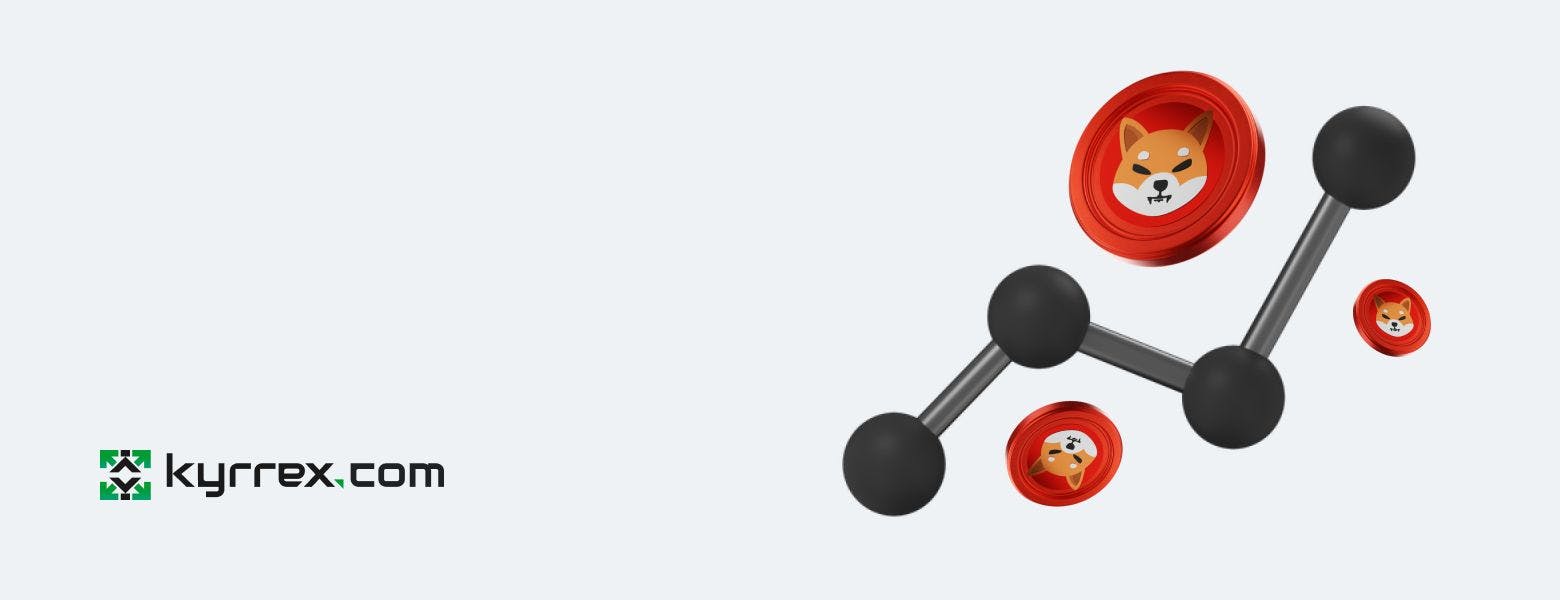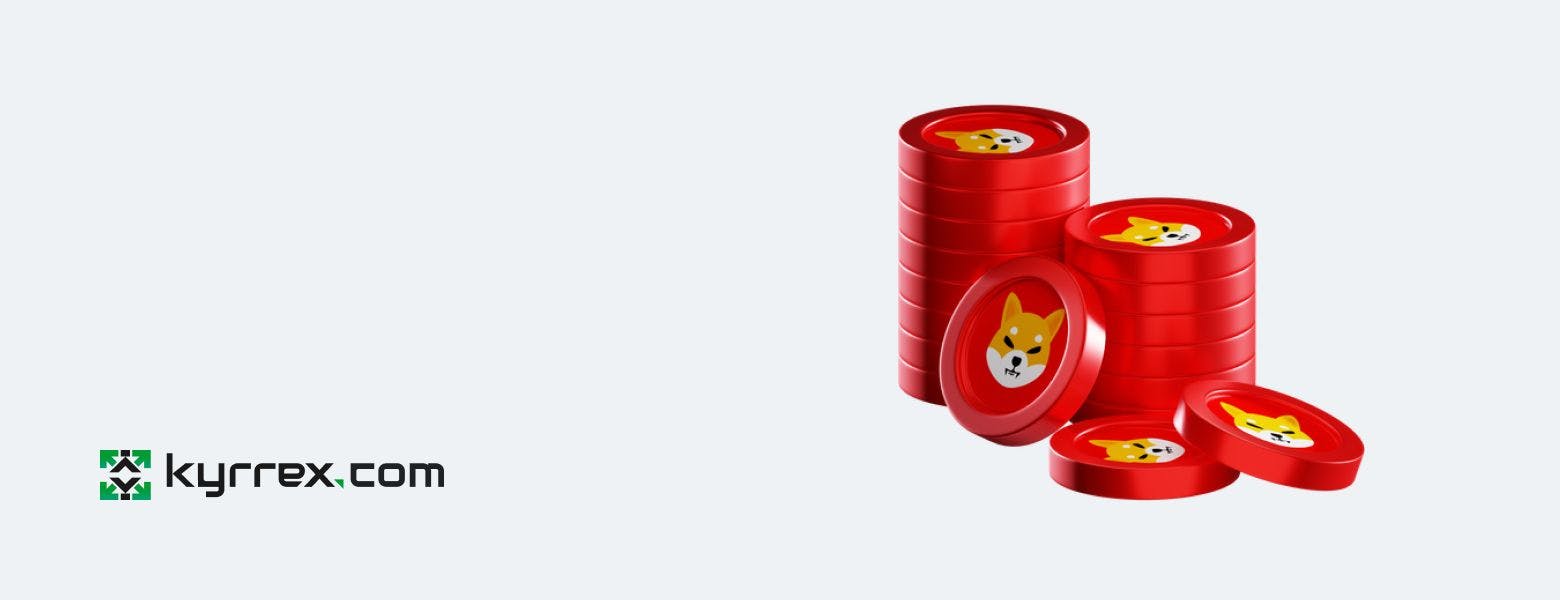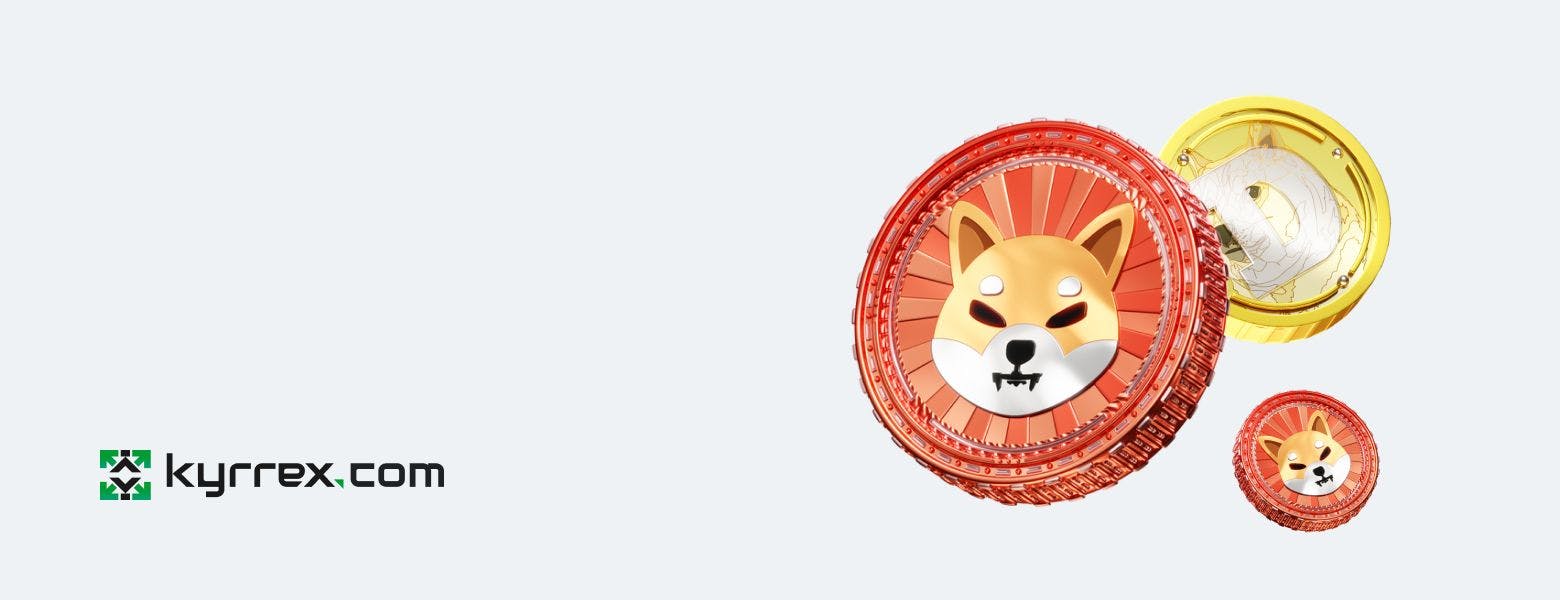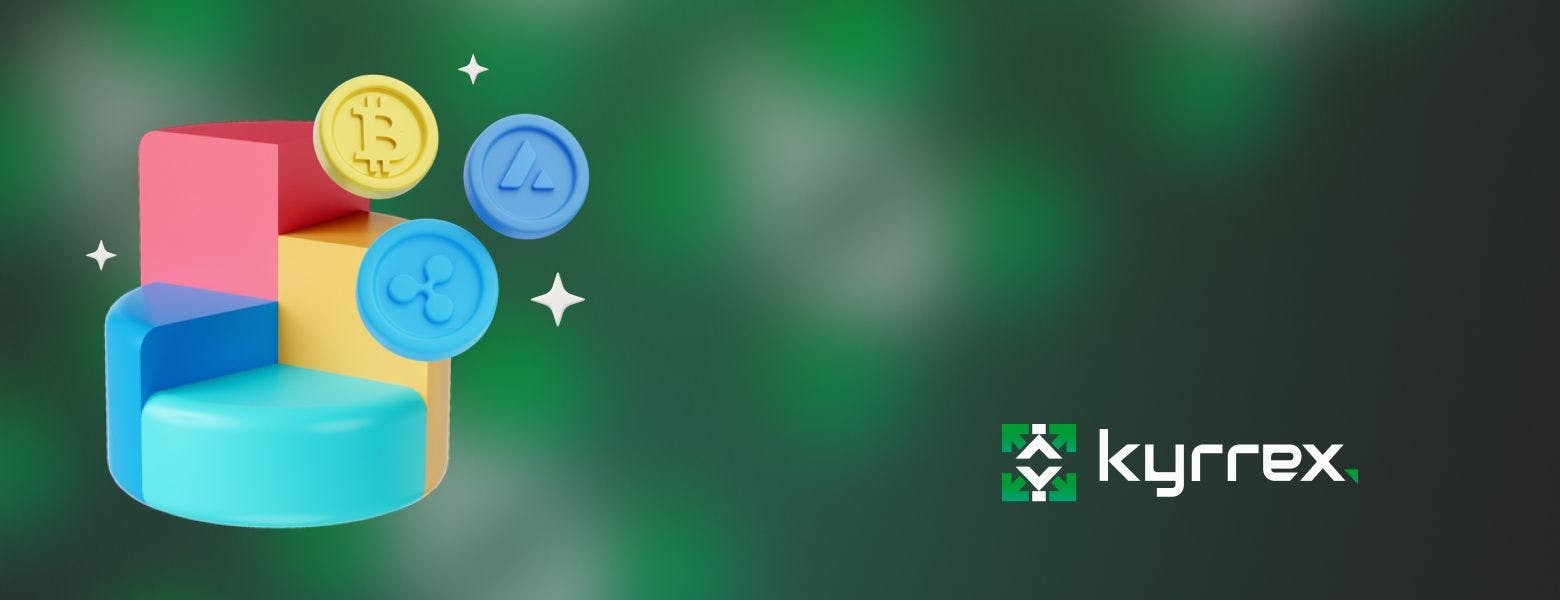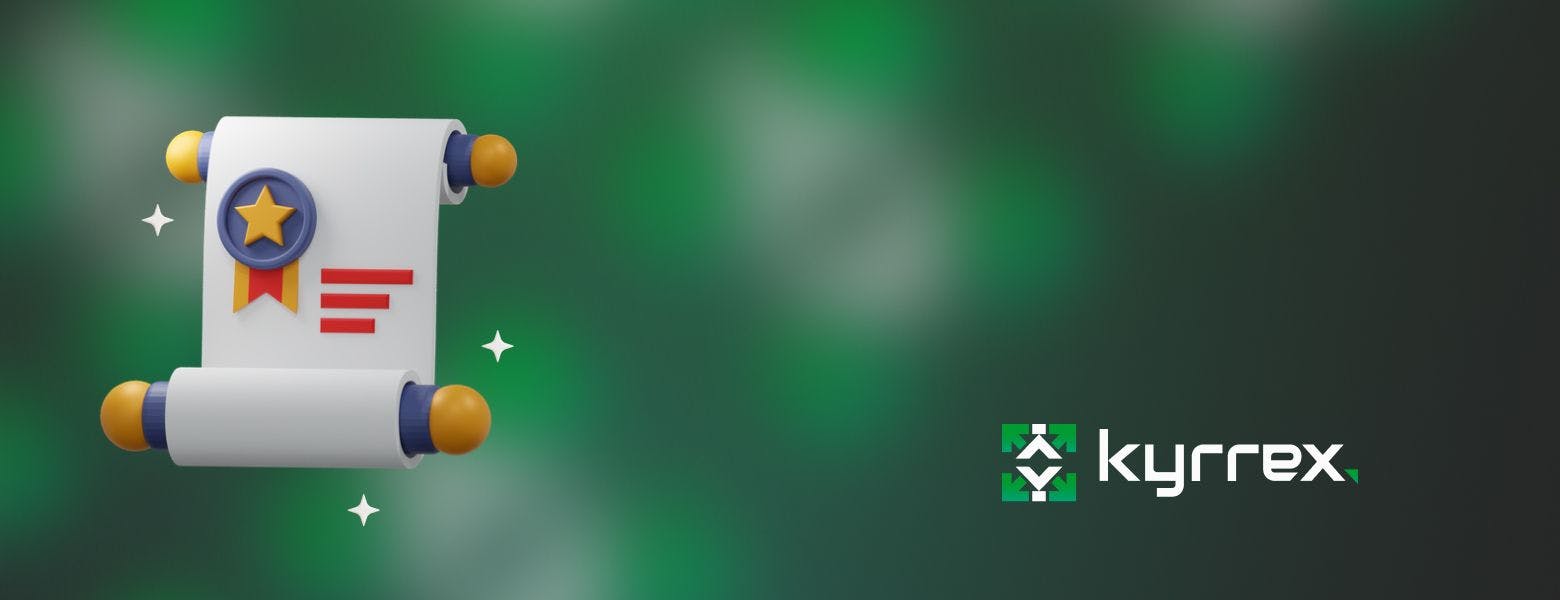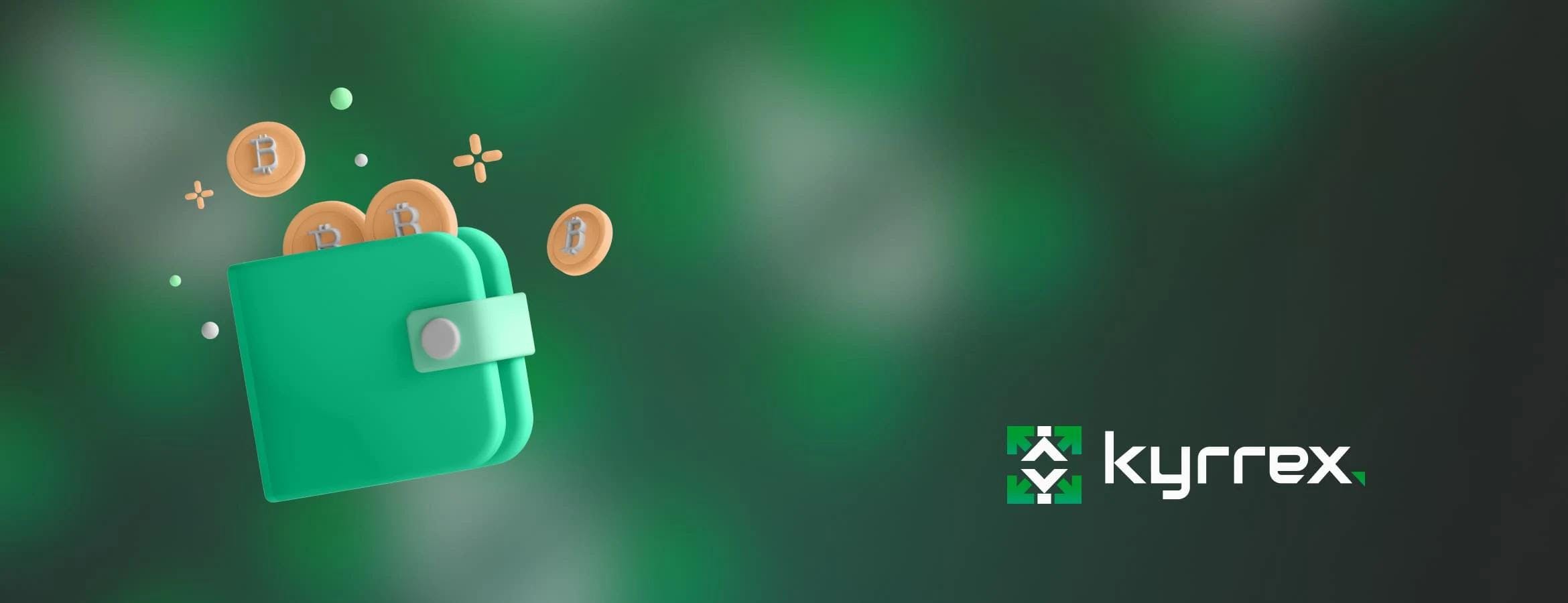
The Benefits of Using a Self-Custodial Wallet Like Trust Wallet

Like traditional finance, handling cryptocurrency is ultimately about making, using, and keeping money. When it comes to your funds in crypto, you need to know and sensibly decide how and who gets to keep it for you.
With the rise of decentralized applications, DeFi and web3, cryptocurrency custody has attained more importance. This is because how you store your digital funds directly affects how you interact with the many blockchain applications that exist on numerous decentralized networks and demand your attention.
Meanwhile, unlike traditional bank accounts that are mostly confined to legal borders, your cryptocurrencies can be accessed from virtually anywhere in the world. And if you can store these assets in a self-custodial wallet, you can be said to have gained control of your crypto assets. Therefore, you can use them as you see fit.
So, what is a self-custodial wallet and how do you benefit from using one? Here, we explore this topic and explain how Trust Wallet is arguably the best self-custodial wallet out there.
Overview of Self-Custodial Wallets
The concept of self-custodial wallets is self-evident. The concept is rooted in two complementary definitions: self-custodial and wallet. The idea of something as self-custodial refers to that thing having full control of its own belongings. Within the cryptocurrency context, self-custodial is having complete control of your crypto assets, kind of like being the manager of the bank in charge of your money.
Wallet, of course, means wallet. Therefore, a self-custodial wallet is a digital ‘purse’ where you can keep your crypto assets. Obviously, unless you are a genius developer and succeeded in creating a software application that serves as a crypto wallet, you would still need to rely on third-party developers to provide self-custodial wallets. In this sense, you are sort of renting the application and turning it into a wallet that you can use for the safekeeping of your cryptocurrency.
There are many popular self-custodial wallets around. Some of these only function as normal wallets or bank accounts, and therefore have no other value. Others are more wide-ranging in their application and might even directly increase the odds of your realizing more returns on your crypto assets.
Benefits of Using Self-Custodial Wallets Like Trust Wallets
1. Extensive Support of Multiple Blockchain Networks and Crypto Assets
Self-custodial wallets typically value the security of user assets above characteristics such as transaction speed, cost of custodial service, and options for asset withdrawal. Thus, it is normal for these crypto wallets to isolate their operations from the mainstream networks. This way, they can avoid potential attacks from hackers targeting mainstream blockchain networks. But Trust Wallet is different. Despite its popularity, it runs as a bridge across many blockchain networks. As a result, you can add tokens and other crypto assets belonging to more than 60 different blockchain networks to Trust Wallet.
The primary benefit of Trust Wallet’s extensive support of multiple blockchain networks and crypto assets is that you can store all your crypto assets in it, regardless of whether they are tokens from chain A or chain B. This helps you better organize your portfolio and keep track of all your assets inside one digital pocket.
2. Innovative Security Framework
One of the reasons that Trust Wallet is able to retain its versatile quality in the face of network breaches is that its security framework is enough to counter the majority of attacks. If you are like the majority of crypto traders, then securing your virtual assets is a priority. Trust Wallet understands this, so its developers created a simple but innovative system to ensure that your self-custodial wallet is safe and secure. This system ensures that you only gain access to your Trust Wallet via a private key. The key, which takes the form of a 64-bit string of characters, is unique and belongs to you and you alone.
3. No-Price Structure
Trust Wallet’s pricing structure is another element of its peculiarity. It is essentially free to use. In other words, you don’t have to pay anything as transaction fees for using Trust Wallet. Of course, this does not mean that Trust Wallet is responsible for footing the bills of your transactions. No, you would still need to settle the cost of using a blockchain network. So, if you are buying or selling a set amount of tokens on a blockchain Z, you would still need to pay the associated gas fees. So, the fees you pay go to the blockchain, not Trust Wallet. Therefore, once again, Trust Wallet does not charge users for its self-custodial service.
4. Option for Seamless Integration with DApps and NFTs
Reinforcing its multi-coin and multi-chain support system, Trust Wallet also supports DApps (decentralized apps) and NFTs (non-fungible tokens). Using the wallet consequently enables you to use and interact with different components of the decentralized crypto model. As a result, for every application that runs on this model, Trust Wallet is useful. This means that Trust Wallet offers you options to use finance-related applications that draw on smart contracts to make business deals and investments, thereby boosting the efficiency of your crypto trading/investment portfolio.
5. Available Opportunities for Trading and Investing in Cryptos
Just as important as its safekeeping options for your crypto assets, Trust Wallet also doubles as a means to enable you to interact with the crypto market. From within the Trust Wallet app, you can stake, trade, invest, and monitor the cryptos supported by the wallet. You can also engage tokens that are available for any kind of crypto transaction on every blockchain network that is supported by Trust Wallet. Moreover, because Trust Wallet is available on virtually every mobile operating system, you can download the app from Google PlayStore, Apple Store, and manage your crypto portfolio from there. Thus, you can use Trust Wallet as an all-in-all application to store, trade, and invest your crypto assets.
Conclusion
So, compared to many other crypto wallets, self-custodial wallets like Trust Wallet enable users to have total control over crypto assets. In terms of security, service cost, multiplicity of function, and integration with blockchain networks and DeFi applications, Trust Wallet tops the list of these self-custodial wallets.

